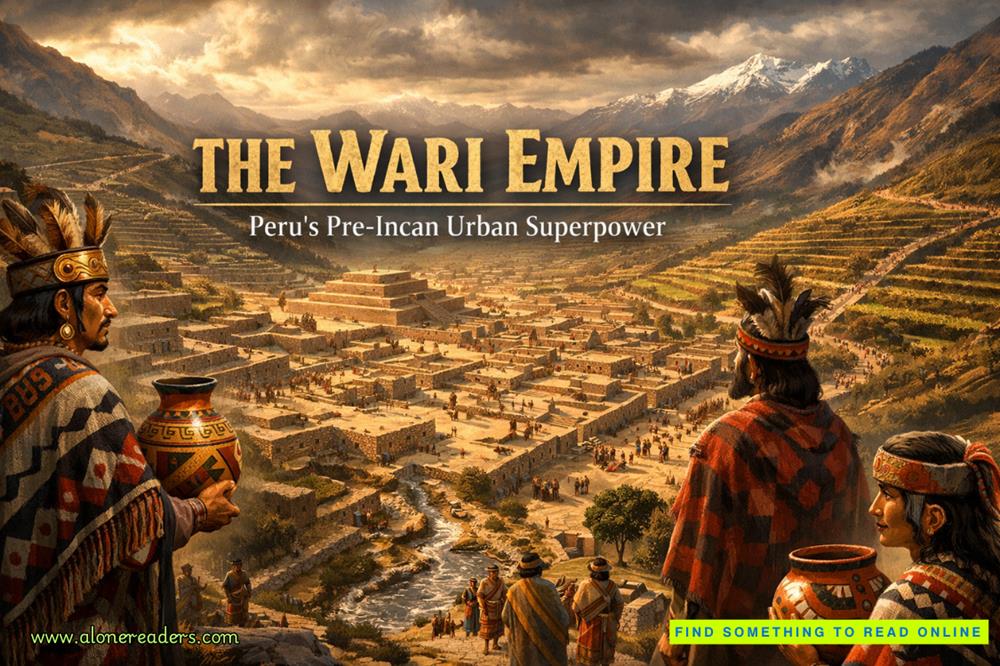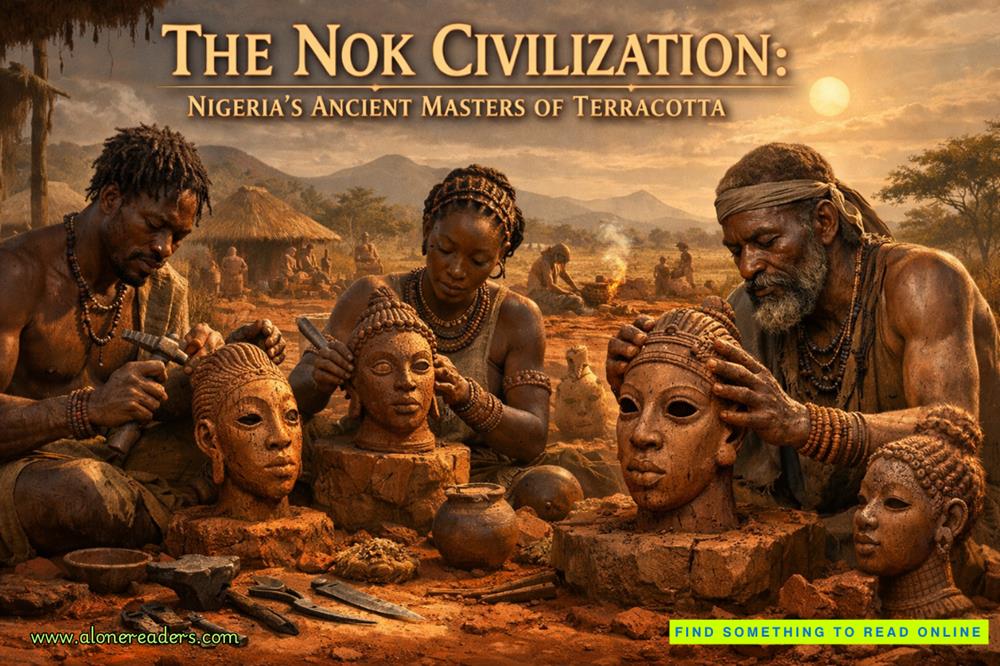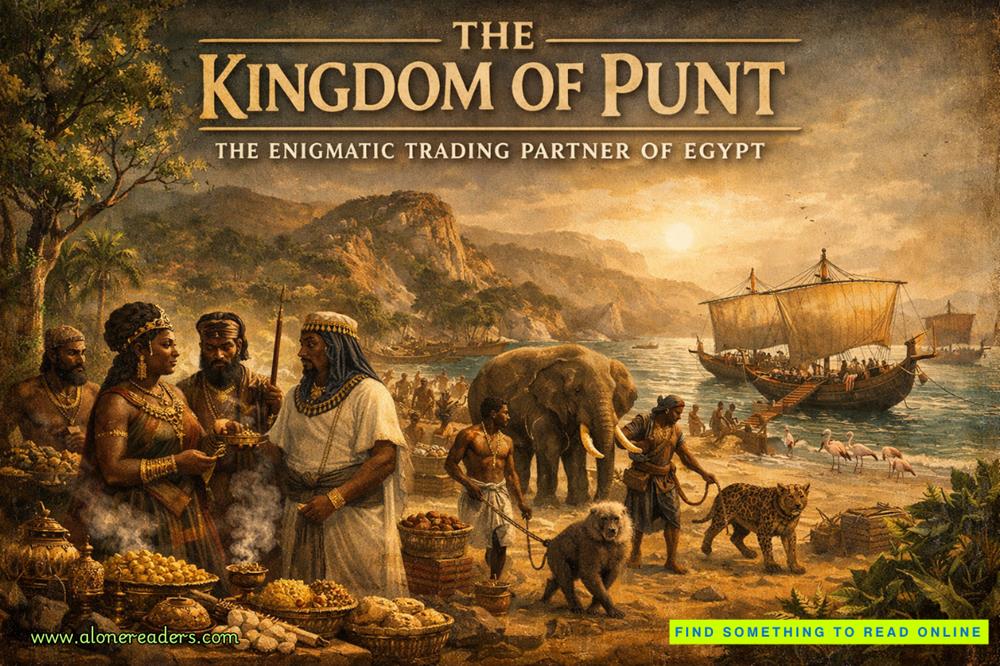I let out a breath of a laugh, then shrug and look over at Donavan. “We did. He made fun of me for staring out a window, and I made fun of him for reading my mother’s book. The rest is a very short, yet interesting history.”
“Ahh, yes, Alexandra. She’s brilliant, isn’t she?”
Donavan loves my mother, probably because she loves him. Mom is always happier when I’m in a committed relationship.
JP glances at me in the rearview mirror with mischief in his eyes and a quirky smile on his lips. In the passing city lights, I can’t see the freckle, but I know it’s there. He’s still the same JP, and for hardly knowing someone, it brings me immense comfort.
“Her books are a bit redundant”—I laugh as JP says this, but he doesn’t pause—“but brilliant, yes.”
I snort out a laugh again, and Donavan looks at me. When Donavan met my mother, I was draped on his arm. Tall, handsome, rich, powerful. All characteristics my mother deemed as making me a worthy daughter. I was nothing without a successful man. An odd mentality to have considering her income made my late father’s salary look like chump change lost in couch cushions.
When JP knew my mother, I was boyfriendless and pursuing a career she thought was ridiculous. I was blamed for the gender reveal going haywire, and asked to serve guests on New Year’s like I was her housekeeper and not her daughter who travelled home from Chicago for the holidays.
Donavan and JP met two very different versions of my mother.
But I don’t want to discuss her and the version JP met. I want to know about his life, so I ask, “How have you been? How was the wedding? I’m assuming—”
He clears his throat. “We got married over the summer.”
I nod, slightly taken aback. “I didn’t hear anything about it. I thought Audrey wanted all the bells and whistles—pomp and circumstance as she said.” I ramble out the statements and punctuate them with a laugh.
JP pauses before answering, causing me to worry, so I glance at his left hand on the steering wheel. He’s wearing a ring. I relax at that.
“It didn’t go that way,” he answers. “Ended up being quicker than we planned.”
“Oh,” I say, but it’s almost a question.
“Did she get pregnant?” Donavan asks with far less proper deportment than normal.
I flush, thankful for the darkness of the evening. The idea of a baby JP excites me as much as it sinks rocks in my gut.
“No,” JP answers. “Brain tumor.”
I practically choke on my tongue. His tone and his words don’t match. It’s almost like he just lit the car on fire and asked if we’d like him to turn on the AC. Or like he said his dog drowned and then he did a cartwheel. None of it makes sense or matches up.
Instinctively, I reach up and squeeze his shoulder. “What?” I ask, almost breathless.
He shrugs as if he’s telling us that life happens. But there’s something in his expression flickering in the rearview mirror telling me he is exhausted from the reality of the words. So exhausted, in fact, he delivers them with no emotion. I’m sure he saves those for when he’s home alone, dealing with his sick wife.
“JP, I had no idea. I’m so sorry,” I say.
“That is truly terrible,” Donavan says, and he squeezes my thigh like he’s thinking it could happen to me because he adds, “So young.”
JP swallows, turning left down the street Donavan lives on. “Yeah, life comes at you fast sometimes. But Audrey is a fighter and she’s so strong. I’m confident she’ll make it through this.”
“Is it cancerous?” I ask in earnest. “I mean, is it okay if I ask?”
“It’s fine. And yes, it is cancer. Wedding plans were up in the air at the time. She had a seizure and they found an inoperable tumor, so we rushed the wedding and just went to the courthouse.”
I nod, filling in the dots. Audrey had made a joke about “just marrying him for his health insurance.”
“For insurance?” I whisper the question. It’s abrasive with no tact, and Donavan squeezes my knee so tight I can feel the half-moons of his nails digging into my skin. He clearly doesn’t know the history I have with our Uber driver and he doesn’t want me to be rude and intrusive.
But JP just answers, “Yeah, and I still have to drive an Uber to help pay for her treatments.” A tick of a laugh flies between his tongue and teeth, reminding me how unfunny the American healthcare system is.
I still have my hand on his shoulder as we pull up to Donavan’s building. “I’m so sorry, JP. If there’s anything I can do. Anything at all, please just reach out, okay?”
The car is in park now and JP turns to face me. He looks exactly the same as he always has. But the weight of stress and sadness filling his expression makes him look like a stranger. Familiar, but a stranger just the same.















